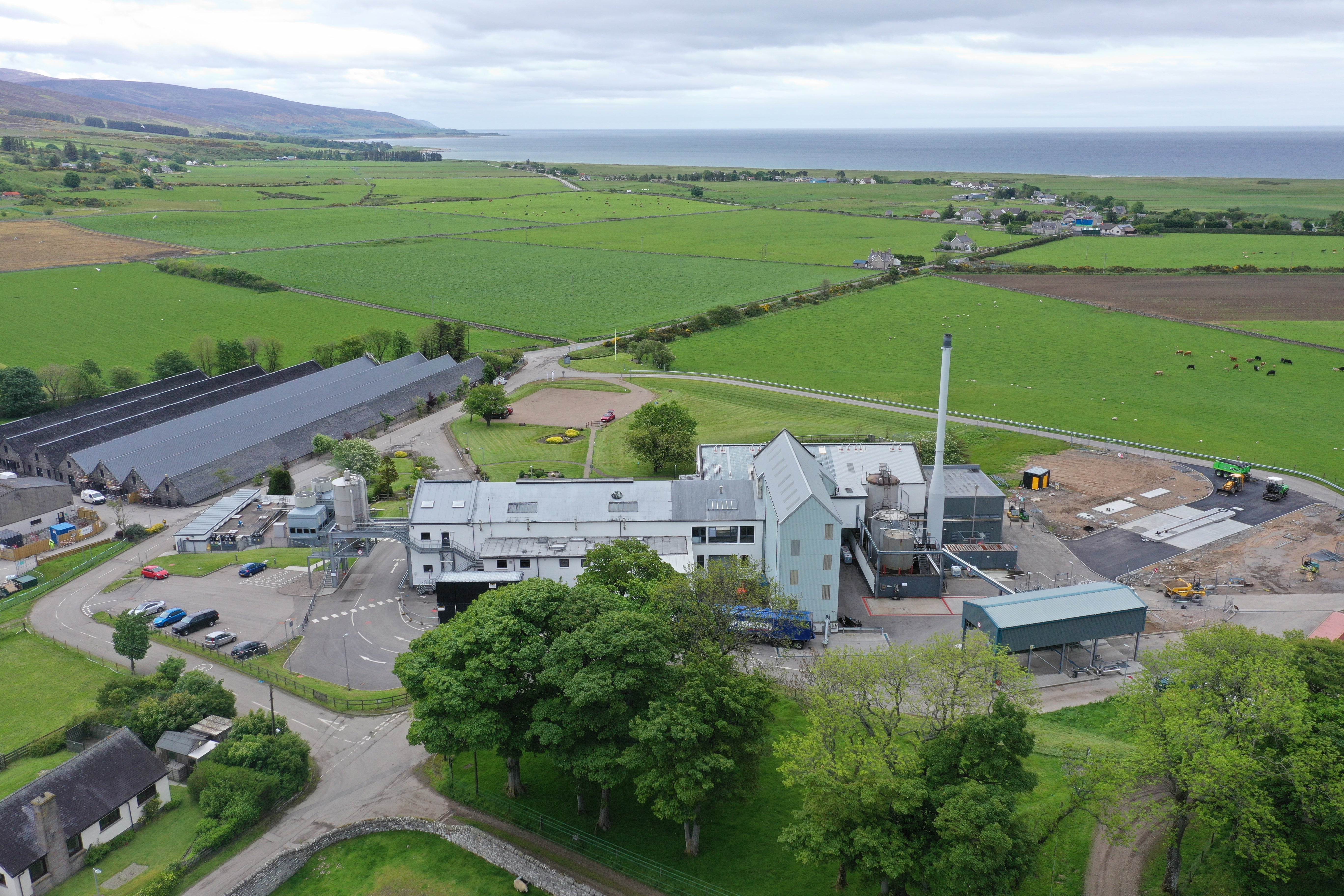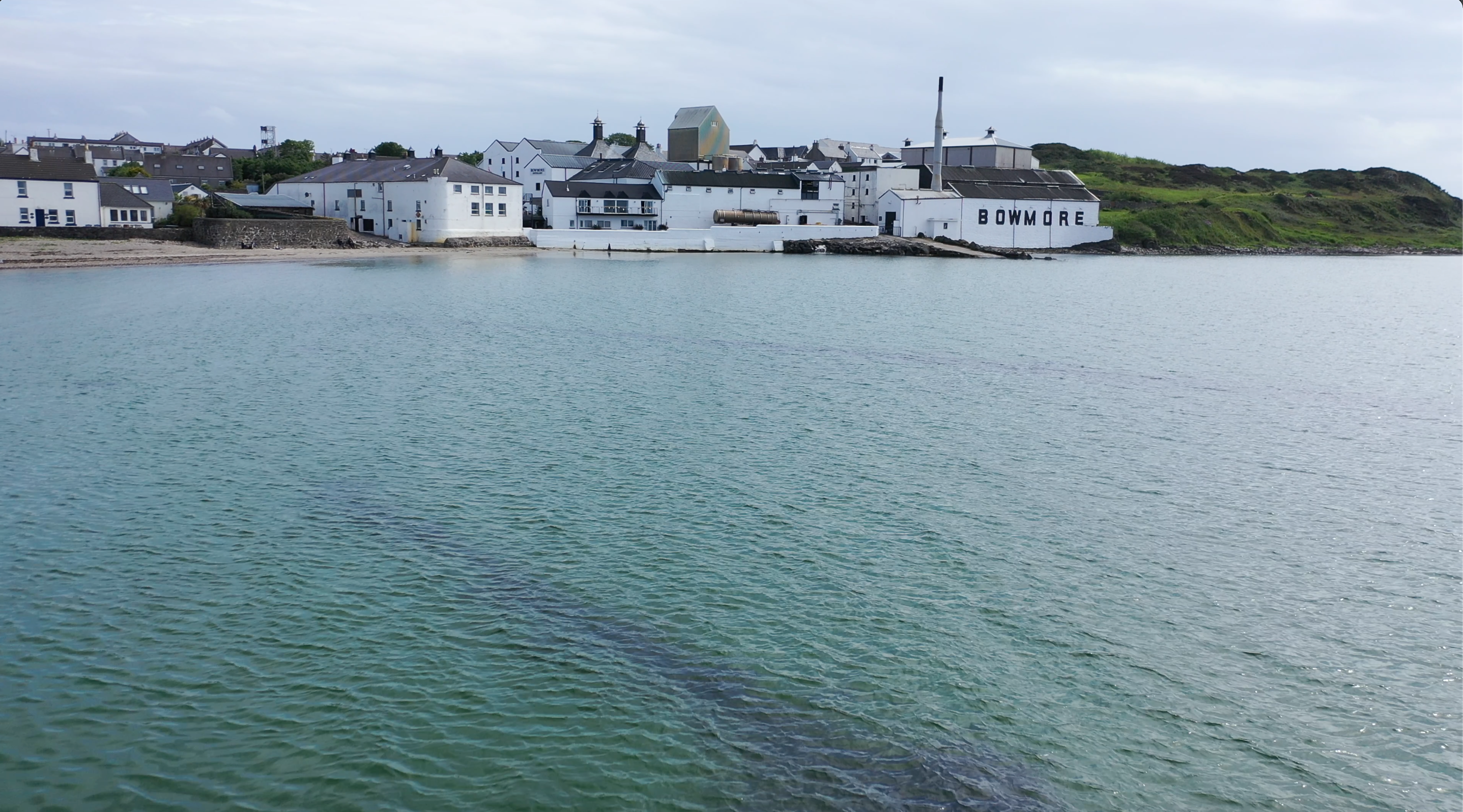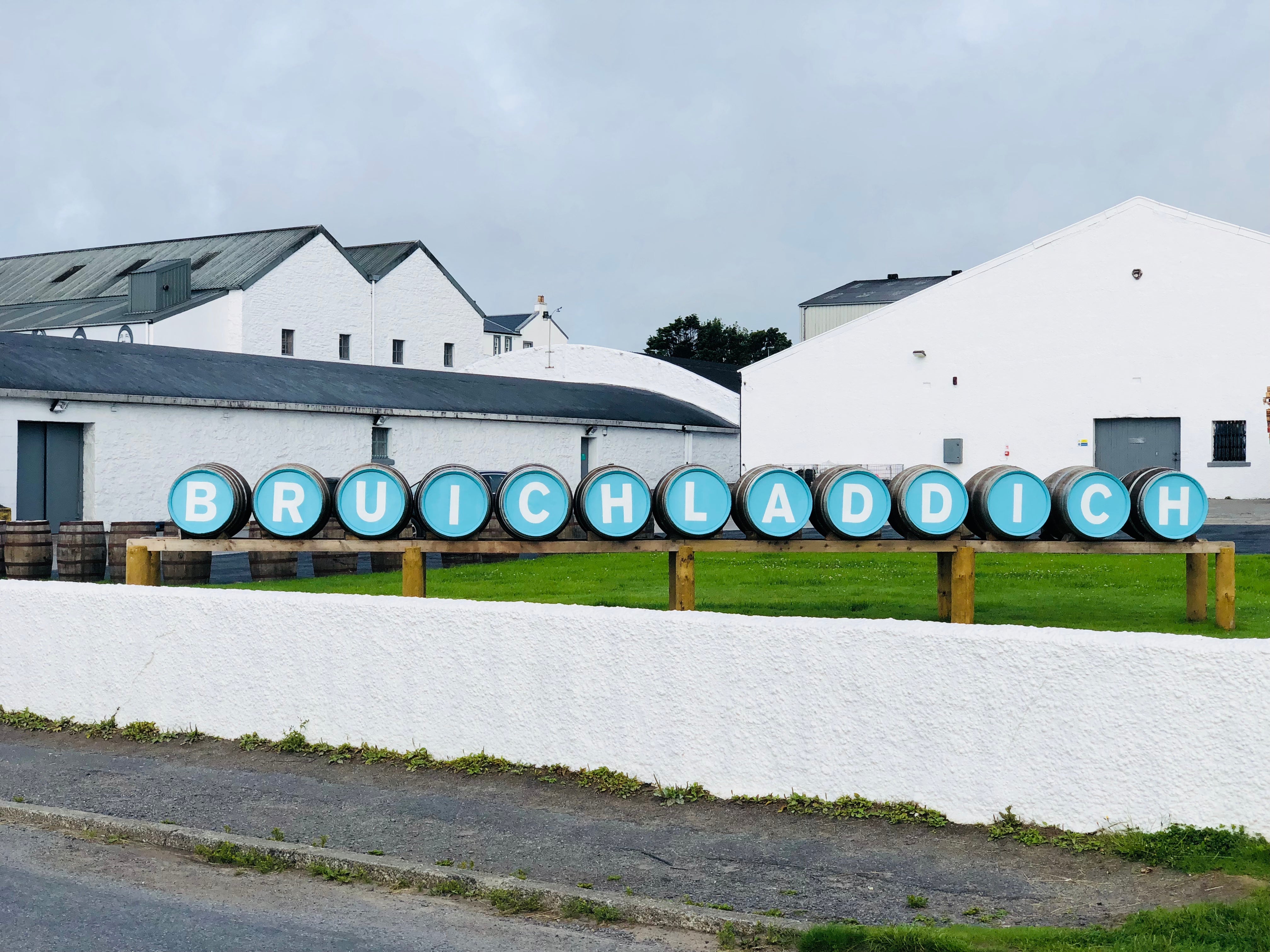
Clynelish
History of Clynelish whisky distillery
Clynelish distillery was built in 1819, adjacent to the present operational Clynelish distillery which was built in 1967. When Clynelish first started distilling, in the years 1820-1822 they were producing around 12,000 gallons (around 54,000 litres). Over the years the distillery passed from owner to owner until the distillery expanded around 1896 and was upped to around 580,000 litres.
In 1967, to meet increased demand, Clynelish built the current distillery that remains in use today. The two distilleries ran side-by-side as Clynelish A and Clynelish B for a while as they wanted to make sure they had perfected the taste in the new space, then closed the older distillery the following year.
In the following years, Caol Ila distillery faced a drought and closed for a year and did refurbishments. Johnnie Walker was missing this peated whisky in their blends and needed something to go in its place. So Clynelish reopened the original distillery in May 1969, under the name Brora Distillery, and started making Brora whisky. Brora's PPM levels (Phenol Parts per Million) – which is what is used to talk about the level of peat used in the whisky - started at around 30-35 PPM, which is on level with Caol Ila (30-35 PPM) and Lagavulin (35-40 PPM).
Brora went into the blends for one year whilst Caol Ila was closed and then continued to make the whisky as a single malt and ran until July 1983. Following closure in 1983, Brora whisky has become one of the most rare and desired whiskies in the world, costing around one and a half thousand pounds a bottle. Brora's latest, and last release of the original spirit is in their bi-centenary bottling, to celebrate the 200 years of the distillery being in production. This bottling is a 40 year old Brora selected to celebrate this, making 1819 bottles to represent the first year the distillery first started producing.
Whisky from Clynelish
Clynelish has had a strong connection with Johnnie Walker blended whisky for many years. Around 95% of the spirit is used in Johnnie Walker and is commonly found in their Gold Label Reserve.
Clynelish's distillery characteristics result in a fruity, waxy, slightly smoky, and sea-spicy single malt.
Buy a cask of Clynelish whisky
The Single Cask has some great Clynelish casks in our warehouses. If you're interested in buying a cask of Clynelish, please contact us today for a free, no obligation quote. We can also offer a range of bottling services, making the whole process of creating your very own whisky easy.
Sell a cask of Clynelish whisky
The Single Cask has a great history of buying and bottling single cask Clynelish whisky. Often we buy our casks direct from the distillery, but we are also pleased to buy Clynelish casks from private individuals. If you have a Clynelish cask that you're looking to sell, please contact us today for a free, no obligation, quote on how much we could pay you for your cask.
Highland Region
Highland is the greatest of all whisky regions and provides a huge variety of different flavours and characters. It goes from the lighter whiskies all the way through salty coastal malts.
While malts from the West Highland distilleries tend to have a sweet start and dryish finish, the far North Highland malts character are greatly influenced by the local soil and the coastal location of the distilleries giving light bodied whiskies with a spicy character and a dryish finish, sometimes with a trace of saltiness. Central, Southern and Eastern Highland malt whiskies are generally quite a mixed bunch. Fruity and sweet. They are lighter bodied with a tendency to have a dry finish.
Clynelish distillery details
|
Whisky Type Single Malt |
Working |
|
Brands - |
Capacity(MLPA) - |
|
Fermentation Time Minimum 55 hours |
Grist weight (T) 12.5 |
|
Malt specification Non peated |
Mash Tun Material - |
|
New-Make Strength 67-68% |
Spirit Still Charge (L) 19,000 |
|
Spirit Still Size (L) - |
Warehousing - |
|
Wash Still Shape - |
Washback Size (L) - |
|
Washbacks 10 |
Yeast type Pressed |
|
Condenser type Shell and tube |
Filling strength 63.50% |
|
Heat source Steam |
Malt supplier Mainly in house |
|
Mash Tun Type - |
Single Malt percentage - |
|
Spirit still shape Neck ball |
Stills 6 |
|
Wash still charge (L) 17,000 |
Wash Still size (L) - |
|
Washback type 8 wood, 2 steel |
Water source Clynemilton Byrne |
|
Parent company - |
Current owner Diageo |
|
Contact +44 1408 623000 |
Website: https://www.malts.com/en-gb/visit-our-distilleries/clynelish/ |
|
Address Clynelish Distillery |


